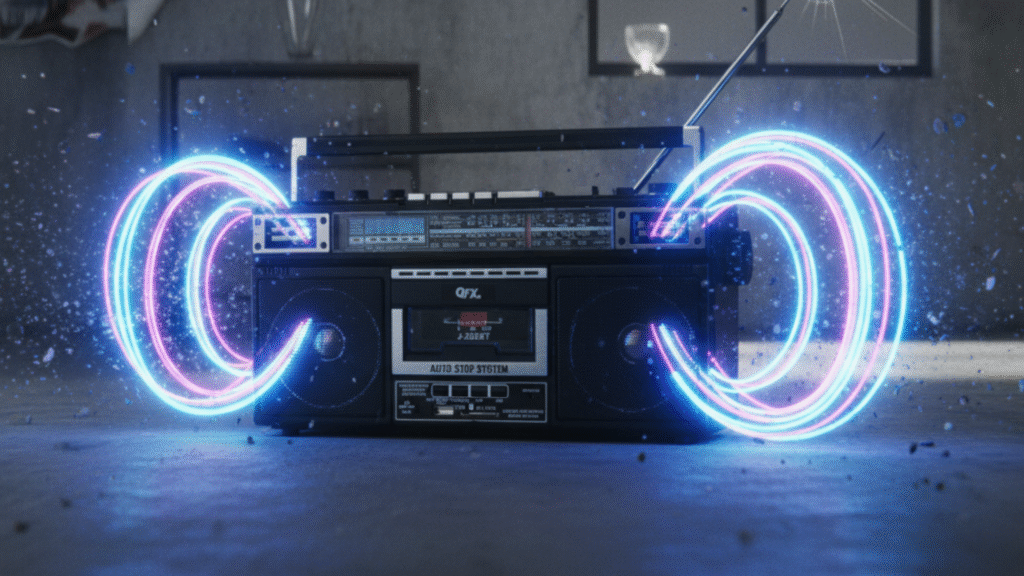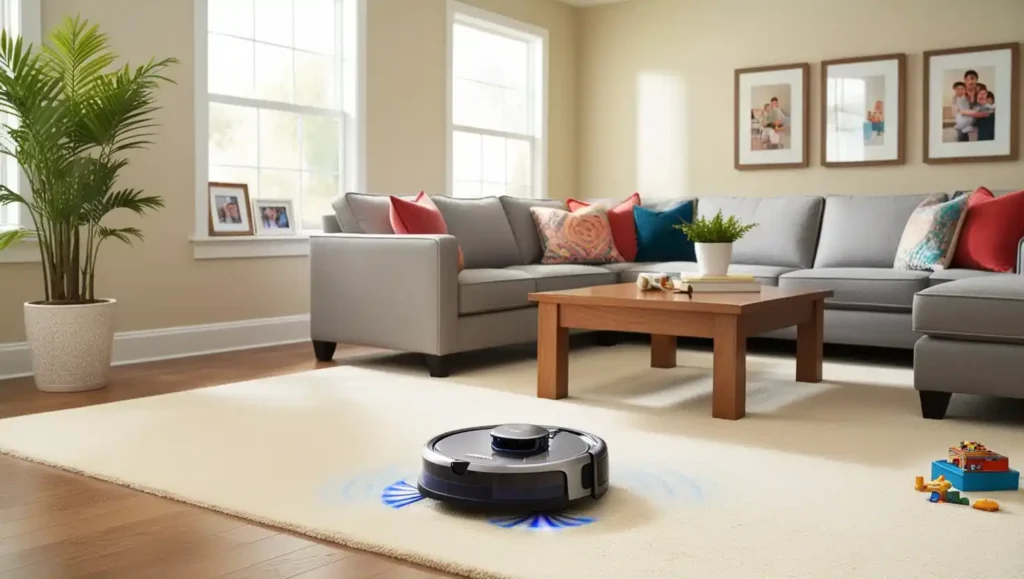Imagine waking up and feeling fine. But your smart ring says your body is struggling. No cough. No fever. But something’s off, and it knows.
This isn’t science fiction. Smart rings today are already flagging early signs of illness. They track changes that most people ignore. And they can alert you before symptoms appear.
When illness hits, it’s already too late to stop the first wave. But what if you had a warning system? What if a ring on your finger could say, “Something’s not right” before you feel it?
That changes how we respond to health. It gives you control before things go downhill. It helps you rest, isolate, or hydrate before you crash.
Smart rings track heart rate, skin temperature, oxygen levels, and sleep. Those numbers shift when your body fights something.
Before you feel sick, your heart rate might rise at night. Your body temp may tick up a little. Your sleep could suddenly break more. These are signs smart rings catch.
And they don’t rely on just one number. They look for patterns over time. They ask, “Is this normal for you?”
Smart Rings Can Detect Illness
Most people only notice problems when symptoms are loud. But illness starts with whispers. A slightly restless night. A small spike in temperature. A few skipped breaths.
Smart rings listen to those whispers. They pick up trends most humans can’t feel. That’s how they work before the sickness hits full speed.
Oura Ring is the top player in this space. It’s used by researchers and professional athletes. It was one of the first devices to signal COVID-19 risk before symptoms.
It tracks resting heart rate, HRV, temperature, respiratory rate, and sleep. If your temperature shifts across nights or if your HRV drops, it sends you an alert.
It says, “You might want to take it easy today.” Sometimes that’s the difference between staying well and getting sick.
Some users report getting sick a day or two after their ring gave a readiness score drop. They said, “I felt fine. But the ring knew.”
Researchers saw that respiratory rate and skin temperature changed days before COVID symptoms. That’s powerful. That’s predictive health.
Not just COVID. Flu. Colds. Even fatigue. The ring catches signs before you know what’s coming.
Smart rings aren’t guessing. They use machine learning. They look at thousands of data points. They track your baseline.
If something breaks your pattern, the system knows. It doesn’t say, “You have a virus.” It says, “You’re off today. Slow down.”
That helps you recover faster. Or avoid spreading illness. Or take action before it gets worse.
Your body gives away secrets when you sleep. Your temperature is more stable. Your heart rate reveals stress levels. Your breathing reflects your body’s fight.
Smart rings focus on that sleep window. They know when something’s brewing inside. They know when your rest is broken. They use it to warn you.
Resting heart rate usually stays steady. When it rises for no reason, that can be a red flag. Smart rings see those shifts in your sleep.
If it jumps for two nights, your ring alerts you. It doesn’t panic. It nudges. It says, “Pay attention.”
Your body temperature at night is stable. That’s why a shift of 0.3°C means a lot. Smart rings measure that tiny change.
They don’t just compare you to others. They compare you to you. And that’s how they stay accurate.
Heart Rate Variability tells how well your body handles stress. When you’re getting sick, HRV drops.
Smart rings track this every night. When HRV goes down, the ring knows your body is strained. It’s another early clue.
When your respiratory rate rises at night, your body may be fighting something. Smart rings look for this pattern.
If it’s consistently up, your ring may lower your daily readiness score. That’s your cue to take it easy.
Smart Rings Track Your Health
Smart rings don’t wait for illness. They track your health every day. They give feedback, suggestions, and scores.
They show when you’re recovered. They show when you’re ready for exercise. They learn your patterns.
This daily data builds a clearer picture of your health than you’ve had before.
The best part? Smart rings do all this passively. You don’t need to prick your finger or check anything manually.
You wear it. It watches. It learns. And when your health shifts, it tells you.
Smart rings use infrared sensors, accelerometers, and LEDs. These tools scan your pulse, skin temperature, and movements.
They work in low light. They work while you sleep. And they sync with your phone for daily insights.
The ring is silent. But its data speaks loud.
Smart rings are getting smarter. They don’t just record data. They use algorithms to find risk patterns.
They learn your habits. They adjust for your lifestyle. That’s why the alerts get better over time.
More use means more accuracy. You train the ring to know you better.
Can It replace a doctor?
No. Smart rings are not medical devices. They can’t diagnose illness. They can’t replace tests or professionals.
But they give an early heads-up. And they help you act before symptoms take over. That can lead to earlier visits or rest when it matters most.
Who’s Using This? Athletes. CEOs. Nurses. Parents. Everyday people. Smart rings are worn by anyone who wants to track health better.
Some wear it for sleep. Some for performance. Some for illness detection. It works for all of them.
Future smart rings may detect more. Blood sugar. Dehydration. Inflammation. They’re testing features that go beyond illness.
They may integrate with wearables, smart homes, or health apps. The data could get smarter. The alerts more specific.
And one day, it might not just warn you. It might suggest action.
We used to wait until we felt sick. Now, we can act before it happens. That’s a shift in how health works.
Smart rings are leading that shift. They’re turning small signs into smart alerts. They’re giving people a choice before the crash.
That changes everything.
If you want to track your health better, yes. If you want early warnings, yes. If you want more control over your wellness, yes.
Smart rings are tiny. But the insight they give is massive. And the peace of mind? That’s real.
Your body tells stories you don’t hear. Smart rings help you listen. They help you understand before it’s too late.
That’s not just smart tech. That’s smart living.


